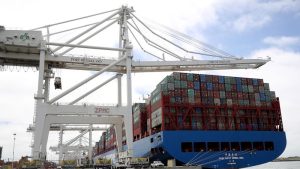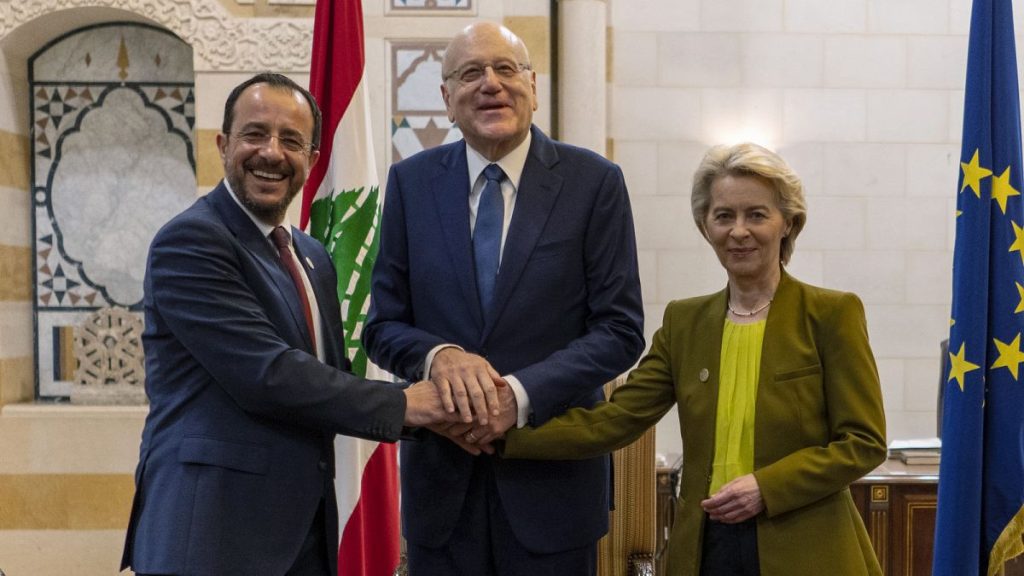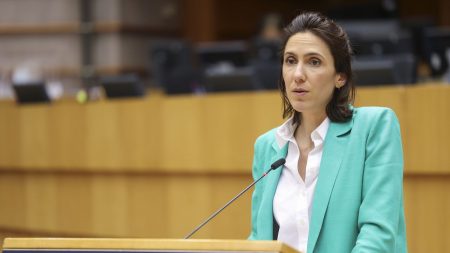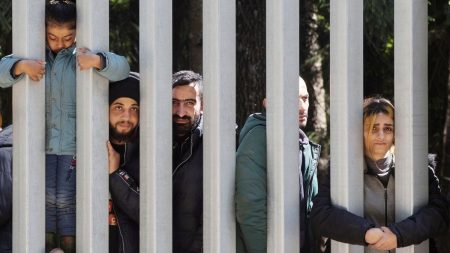The European Union has pledged to provide €1 billion in financial aid to Lebanon over a period of three years to help stabilize the country’s economy and prevent a surge of refugees heading to Europe. The aid package will be in the form of grants and will be dispersed by 2027, focusing on strengthening basic services such as education, social protection, and health, as well as stimulating economic reforms. A significant portion of the funds, amounting to €736 million, will be specifically allocated to supporting Lebanon’s efforts in hosting Syrian refugees.
This move from the European Commission comes after the EU leaders expressed their support for deeper engagement with Lebanon to help offset the impact of the conflicts in the Middle East. Lebanon, already grappling with an economic crisis and a fragile government, is home to a large population of Palestinian and Syrian refugees. The escalating conflict in the region has raised concerns about a potential surge of migrants towards Europe, particularly through Cyprus, prompting the need for assistance to address the situation.
Cyprus, located in close proximity to Lebanon in the Mediterranean Sea, has witnessed a sharp increase in the number of Syrian refugees arriving through Lebanon and attempting to reach the island. As a response, Cyprus temporarily suspended the processing of asylum applications to manage the influx of refugees. The Lebanese caretaker Prime Minister Najib Mikati thanked Cyprus for aiding in addressing the issue and acknowledged the mounting pressure on Lebanon’s economy and society due to hosting a significant number of refugees for over a decade.
The European Commission’s proposal to intensify efforts with partners like UNHCR on voluntary returns for refugees who wish to go back to their home countries was well-received. Cyprus President Christodoulides emphasized the need for reassessing the status of certain regions in Syria as safe areas to facilitate the return of migrants and refugees. An arrangement between Lebanon and the EU’s border agency, Frontex, was suggested to enhance information exchange and situational awareness. The security situation in Lebanon remains a matter of concern, especially in the context of the conflict between Israel and Hamas.
The presence of Hezbollah, an Iranian-backed militant group, in Lebanon adds to the security challenges faced by the country. Luxembourgian President von der Leyen emphasized the interconnected nature of the security of Lebanon and Israel, emphasizing the importance of adhering to UN resolutions for peace and stability in the region. The discussions held with Lebanese officials and EU partners underscored the shared commitment to address the complexities facing Lebanon, from the refugee crisis to regional security threats.
Overall, the financial aid package offered by the EU aims to support Lebanon in addressing the socio-economic challenges exacerbated by the presence of refugees and the broader regional instability. By fostering cooperation between Lebanon, EU partners, and international organizations, the goal is to strengthen resilience, enhance security, and mitigate the risks of further destabilization in the country. The joint efforts towards facilitating voluntary returns, exploring safe zones in Syria, and bolstering border security underscore a multifaceted approach to address the complex dynamics at play in the region and ensure the well-being of all communities involved.















